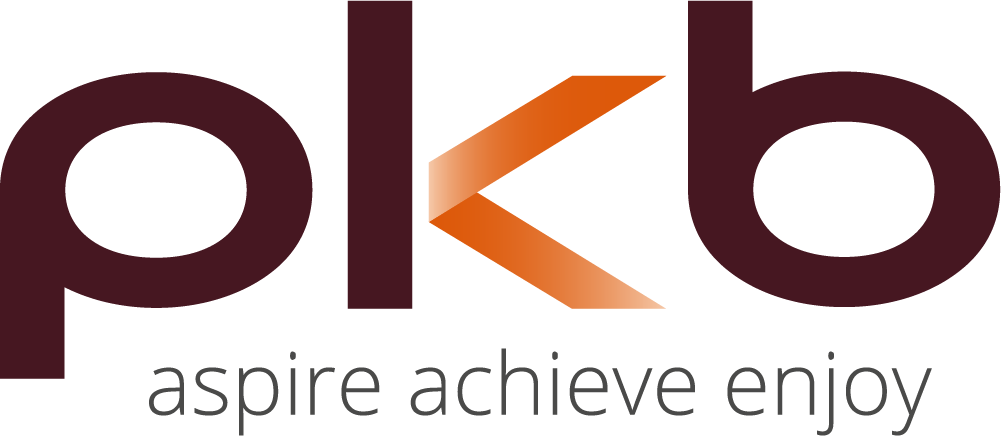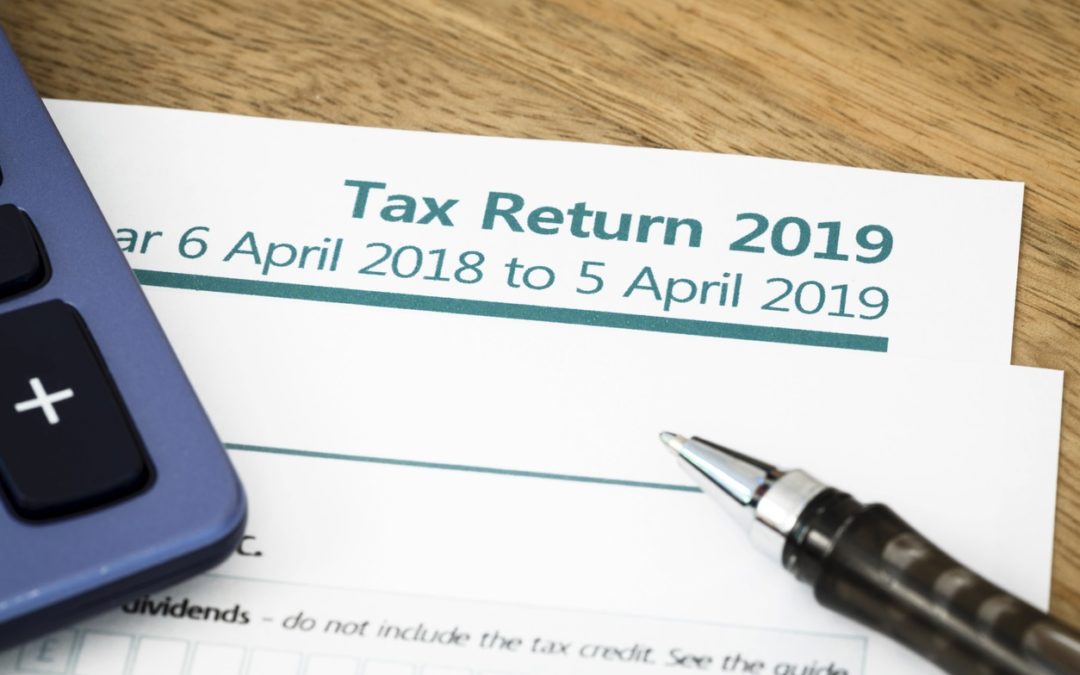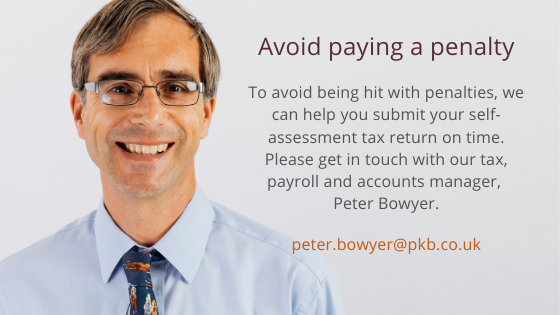With Christmas and the end of another year just around the corner, it can only mean one thing – the 31 January deadline for self-assessment tax returns is rapidly approaching.
We know you probably have other, more fun things on your mind at this time of year, but we’re strongly urging our clients to submit their returns as early as possible. Aside from the fact that January is depressing enough without having your tax return looming over you, there could be added complications this year.
At present, the UK is scheduled to leave the EU on the same day as the self-assessment deadline, which could cause more problems for HMRC than usual. The safest thing to do is to submit your return before any potential Brexit chaos begins so you don’t have anything to worry about.
Below we’ve written out everything you need to know to prepare yourself for the deadline. Alternatively, if you have any questions or would like us to help, please contact us about our tax planning services.
Some very good reasons for submitting your tax return early
Every year, HMRC runs a campaign urging people to file their self-assessment tax return before the midnight deadline on 31 January. There are many reasons for this and a number of them affect you:
- There are financial penalties for missing the deadline so you’re better off not risking it
- If everyone’s trying to submit their tax return at the last minute, there’s a greater chance HMRC’s IT systems will overload and fail. This can be very frustrating for users
- HMRC’s support lines are notoriously busy in the run-up to the deadline. You could face a long wait trying to get through to someone which eats into precious business hours and could even delay your submission
- It’s saves you worrying about it
- If you’re rushing, you could easily make mistakes which could lead to an investigation
Self-assessment for micro-entrepreneurs
Whether it’s renting out property, doing some freelance work or selling online, an increasing number of Brits are finding ways of making additional cash alongside their normal 9-5 job.
Because of this, a £1,000 trading allowance has been introduced for ‘micro-entrepreneurs’ who are making a small amount of money through trading or ‘odd jobs’.
There’s a similar allowance for individuals making less than £1,000 per year from property such as renting out a garage or parking space on their driveway. That allowance doubles if the property is co-owned.
Please note that these allowances are for those who aren’t otherwise engaged in business and there are restrictions on who can claim. You won’t be eligible if you’ve also got trade or property income from a company you or someone connected to you owns or controls for example.
Even if you do have to pay more tax on additional income, it shouldn’t be difficult to manage providing you’ve kept all the paperwork in good order.
Those with more complex financial situations, such as the owners of multiple businesses or serious property investors, may find completing a tax return more challenging – especially if they want to claim all the tax reliefs to which they’re entitled.
Making Tax Digital
While there are still many IT problems and errors, the Revenue’s systems have become more stable over the years and the online filing process less confusing. Despite the sometimes frustrating glitches, it’s still a lot quicker and easier to submit your return online.
With online returns, feedback is usually instant and on-screen, meaning most errors are headed off before you hit ‘submit’. In the old days, completing a return, posting it off, waiting for a reply, resubmitting and so on, was very time-consuming.
As digital becomes increasingly normal and the systems settle down, the proportion of returns filed online keeps growing. In 2017/18, more than 10 million tax returns were submitted online, representing an impressive 93.5% of the total.
Making Tax Digital, a government initiative aimed at getting individuals and businesses onto digital accounting systems for recording and reporting, rolled out phase one this year. Under this new regime, VAT-registered firms with a turnover above £85,000 are obliged to keep digital accounts and file returns through approved software.
At some point in the next few years, but no earlier than 2021, digital returns for income and corporation tax will become mandatory for some businesses and landlords. The aim is that – probably in the next decade – all taxpayers will be keeping digital records which interface seamlessly with government tax systems, perhaps making the self-assessment tax return a thing of the past.
Deadlines and penalties
Despite the ongoing reminders from HMRC, a startling number of people still leave their submission to the very last minute. According to figures released by HMRC, 735,258 returns were submitted on 31 January 2019 with 60,000 of those landing in the last hour of the typical nine-to-five working day. What’s more, a whopping 731,186 taxpayers missed the midnight deadline.
This is a very risky strategy and one that could see you paying a hefty penalty.
If you don’t file by midnight on 31 January, you’ll immediately be slapped with a £100 fixed penalty. This applies even if the reason you’ve been putting off your return is because you don’t think there’s any tax to pay.
After three months with no return, you’ll face penalties of £10 for each delayed day, up to a maximum of £900.
After six months, then 12 months, the screw gets turned tighter and tighter with additional charges of 5% of the tax outstanding or £300, whichever is greater. There are also penalties in place for the late payment of tax.
If you don’t think missing the deadline is a big deal, of the 731,186 taxpayers who missed the 2019 deadline, this equated to an unbelievable £73 million in day-one instant fines.
To read news and blogs from Peter Bowyer, click here >>



